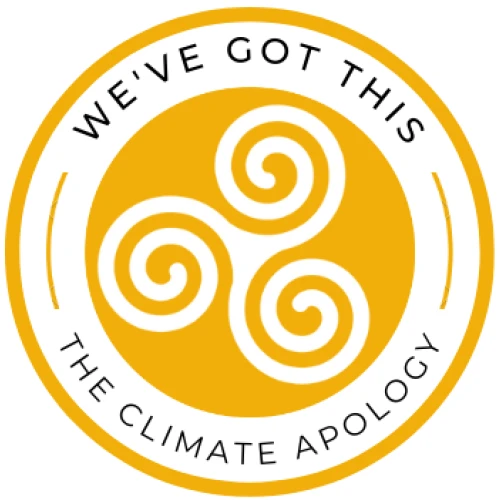This week’s heatwave across India and Pakistan has brought to life the horrifying first chapter of Kim Stanley Robinson’s gripping dystopian novel, The Ministry for the Future. The first chapter drops readers into the horrors of the agonisingly slow, relentless march to death during a heatwave in India, just like the one this week – the inescapable deathly heat and thirst, the frantic search for cool water – for any water – for air-conditioning, for shade, the panic as electricity and water sources run dry, the desperate hope and paralysing fear before the final resignation.
The brilliantly imagined details are people’s reality this week. Published in 2020, the world of The Ministry for the Future has arrived. We have lost an important defence against inaction: that climate change will happen in some far distant future, to be dealt with by our kids and grandkids.
We who are far away from India and Pakistan can still imagine a calming geographical barrier. Close enough in good seasons to jump on a plane to visit the Taj Mahal, it is far enough away to avoid having to think about climate change. Close enough to benefit from the cheap production of most of the world’s soccer balls and surgical equipment in Sialkot, but far enough away to ignore the environmental impact of buying another new ball.
However, this heatwave is shocking proof, if more was needed, that climate science is correct – albeit a little optimistic on the timeframe. This means that the IPCC projections about climate impacts can be safely interpreted as our young people’s current and future reality.
Even cocooned in the relative safety of the global North, Europe’s kids will experience an increasing number of destructive, deathly and expensive extreme weather events. They will feel the economic, social and political pressures of rising food prices, diminishing resources, and massive migration pressures. This future will exacerbate the climate anxiety already being experienced by so many.
I feel deep pity and sorrow for those living through this heatwave. And I am sorry that this is what my own kids are going to inherit. This is both an expression of empathy and an acknowledgement that my actions have contributed to their suffering. My contribution can be interpreted as meaningless in the grand scheme of things. Or it can be interpreted as one of the drops that makes up the ocean.
While I can put some distance between me and the horrors currently playing out in the sub-continent, it is difficult to do that with the kids I live with – these horrors prove what our kids fear. It’s time to face up to the fact that the future is here and now, in our very own lives.
Alone, the word ‘sorry’ is meaningless. But an apology to my young folk becomes powerful when it results in the simple steps of reducing my individual consumption and voting for measures to meet our Paris Accord commitments. And when enough of us take these steps, our individual drops become waves pounding on the shore.
“We must not be selfish or timid if we hope to have a decent world for our children and grandchildren. We simply must balance our demand for energy with our rapidly shrinking resources. By acting now, we can control our future instead of letting the future control us.”

Louise Rapaud
Previous Project
Next Project